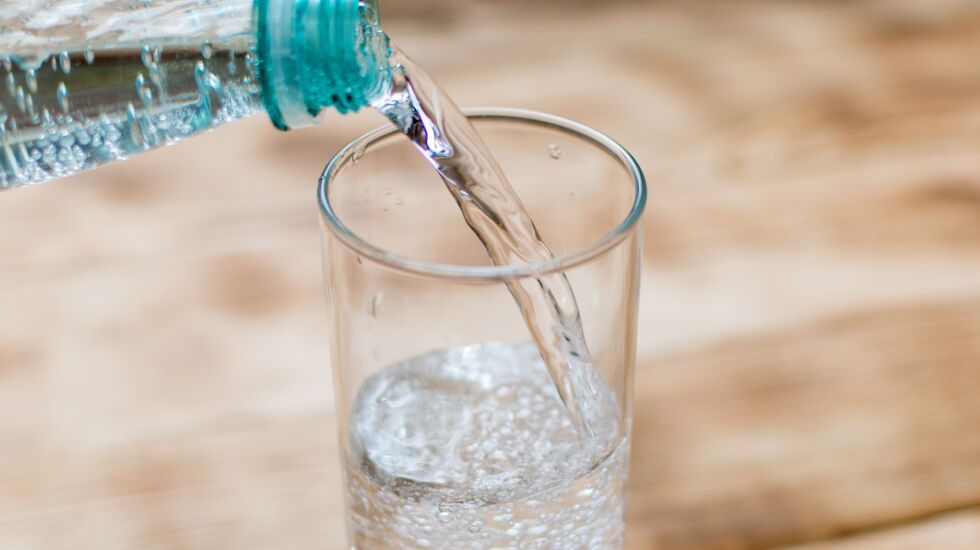
Dear Doctors: As part of a reducing diet, we like to drink plain carbonated water. There’s no sugar in it, no additives and no sweeteners. But apparently there is a new study that says carbonated water leads to weight gain? Why would that be? Should we give it up?
A. Carbonated water gets its bubbles by being infused with carbon dioxide gas under pressure. With no added sugars and no calories, it has become a mainstay of American life. For proof, you need look no further than the beverage aisle of your local supermarket, where a dizzying array of sparkling water fills the shelves.
But, as you point out, researchers have rained on the fizzy water parade. A study published several years ago in the journal Obesity Research and Clinical Practice linked drinking carbonated water to weight gain. The results don’t blame the beverages directly. Rather, they suggest the carbon dioxide that gives fizzy water its effervescence has an effect on body chemistry that can lead to overeating.
The scientists looked at how both artificially sweetened and plain carbonated water affected rats over the course of a year. They found that those who drank either type of sparkling water gained more weight than those who drank only plain water or carbonated water that had been degassed (sparkling water that had released all of its carbon dioxide and gone flat).
It turned out that drinking either the plain or the artificially sweetened carbonated water was causing the rats to secrete increased levels of an important hormone known as ghrelin. Among ghrelin’s many functions is signaling the body that it’s time to eat. This led to ghrelin being known as the “hunger hormone.” When the stomach is empty, concentrations of ghrelin increase. This leads to the sensations we interpret as hunger.
The researchers also looked at the effects of sparkling water in humans. They had 20 male participants drink either carbonated or plain water, and the results matched those of the rodent study. The men who drank either unsweetened or artificially sweetened carbonated water had triple the blood levels of ghrelin than did those who drank either plain water or degassed sparkling water. The study rotated the four beverages among all of the participants, so that by the end of the study, each man had partaken of each beverage. They concluded that the presence of carbon dioxide led to an increase in ghrelin production.
These findings raise interesting questions about the role of fizzy water in weight management. However, a single study with a small pool of all-male human volunteers can’t be considered conclusive. While ghrelin is known to stimulate appetite, its role in overeating and obesity is a subject of ongoing debate.
Rather than take the results of the research as established fact, you might try an experiment of your own. Compare hunger levels on days when you drink carbonated water with days when you don’t. Based on your results, you can choose to cut back — or cut out — your intake.
Eve Glazier, M.D., MBA, is an internist and associate professor of medicine at UCLA Health. Elizabeth Ko, M.D., is an internist and assistant professor of medicine at UCLA Health.







